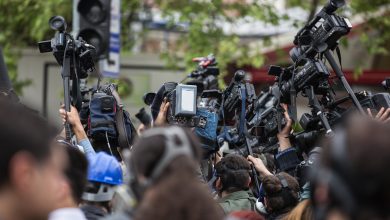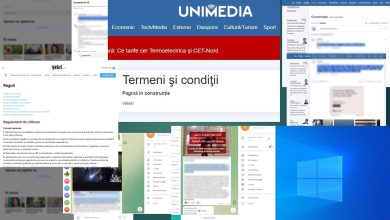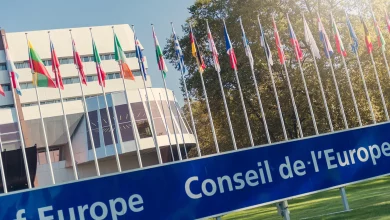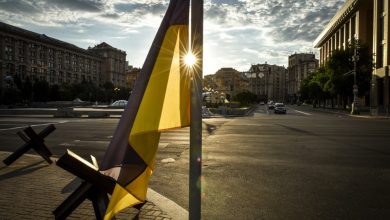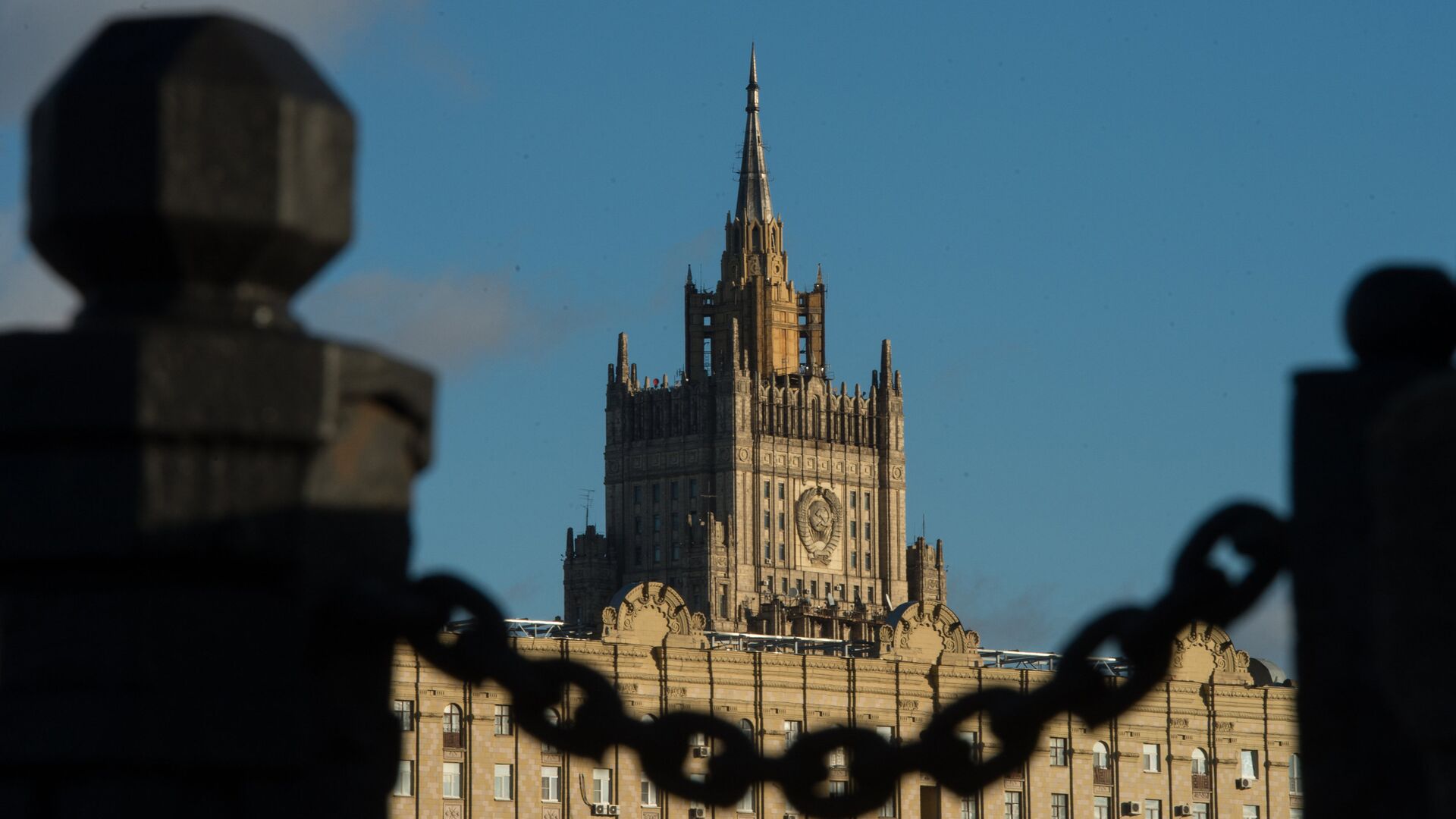
Representatives of the Ministry of Foreign Affairs of the Russian Federation have recently criticized the Moldovan authorities for “putting pressure on independent and opposition media,” including by applying sanctions. In response, the Moldovan Ministry of Foreign Affairs and European Integration (MFAEI) rejected the “allegations” of the Moscow officials, claiming that they do not correspond to objective assessments, and the audiovisual regulatory authority (the Broadcasting Council) replied that the activity of all TV stations is regulated through the prism of national legislation.
Last week, representatives of the Ministry of Foreign Affairs of the Russian Federation urged the Moldovan authorities to revise their policy “of limiting the rights and freedoms of citizens.” Deputy Director of the Information and Press Department of the Russian MFA Ivan Nechayev said that the Moldovan authorities “put pressure on independent and opposition media.” “The degradation of the press freedom situation in this country is of great concern. The Moldovan authorities are putting pressure on independent and opposition media resources. The information space is cleansed of opinions that are not to the liking of the government,” he said.
The official reminded about the prohibitions on the retransmission of some information programs from the Russian Federation. “The [Moldovan] authorities closely monitor the broadcasting of Russian-language stations in Moldova and impose fines on them with particular zeal. On August 5, the Broadcasting Council of the Republic of Moldova repeatedly fined four Russian-language TV stations – NTV Moldova, Exclusive TV, Primul in Moldova, and Accent TV – for ‘deviations’ from the established norms,” Nechayev said on August 11.
He also reminded of the decision of the Information and Security Service (ISS) to block access to the Russian portal Free Press (svpressa.ru).
Official responses from Chisinau
Contacted by Media Azi, MFAEI spokesman Daniel Voda rejected “the allegations made in the statements of the Deputy Director of the Information and Press Department of the Russian MFA Ivan Nechayev, who referred to the alleged degradation of press freedom in our country.” “This statement does not correspond to objective assessments, in line with European and international standards formulated by prestigious media freedom monitoring organizations, as well as international organizations to which our country is a party,” Daniel Voda said.
The official reminded that over the past year Moldova has advanced in the Press Freedom Index and in the fight against propaganda and that Reporters Without Borders ranked our country on the 40th place out of 180 countries in the World Press Freedom Index. “The authorities will continue their sustained efforts to contribute to correct information and to building a civil society and the media that are independent of any interests, stressing that pluralism, independence, and safety of journalists are basic components of the right to free expression and information, being essential for democratic functioning in line with our aspirations to join the European Union,” the MFAEI representative also said.
The Broadcasting Council (BC) responded to Media Azi’s request that any station holding a license issued by the BC is subject to regulations under the Code of Audiovisual Media Services. “Ensuring correct information is a priority of the BC, and, in this regard, the authority has initiated and will initiate a series of checks on compliance with the commitments made by providers when they applied for a license. As for the particular cases invoked by the Russian authorities, they probably were not aware that an identical control, in July, was held in relation to another group of TV stations (Prime, Publika, Canal 2, and Canal 3), which were sanctioned in a similar manner for the same type of violation – non-compliance with the general concept approved by the BC,” the BC President Liliana Vitu told us.
As for the portal Svpressa.ru, the ISS had previously established that both the title of a material and some ideas stated in an article of the portal “unilaterally reflect opinions in support and promotion of military aggression against Ukraine, as well as certain information of a false nature meant, by propagating the war, to affect national security.”
In the World Press Freedom Index for 2022, prepared by Reporters Without Borders, Moldova ranked 40th, and Russia 155th. The research was conducted on the basis of a new methodology, which explains the major discrepancy between the data for 2022 compared to the previous ones, in the case of Moldova it is an advance of 49 positions compared to 2021.

